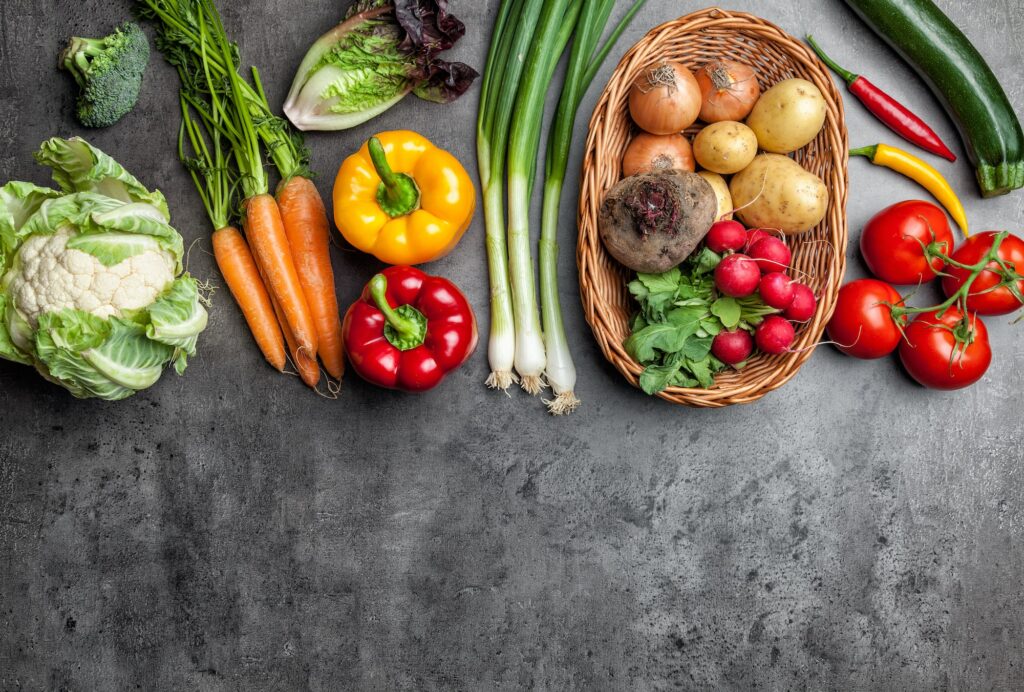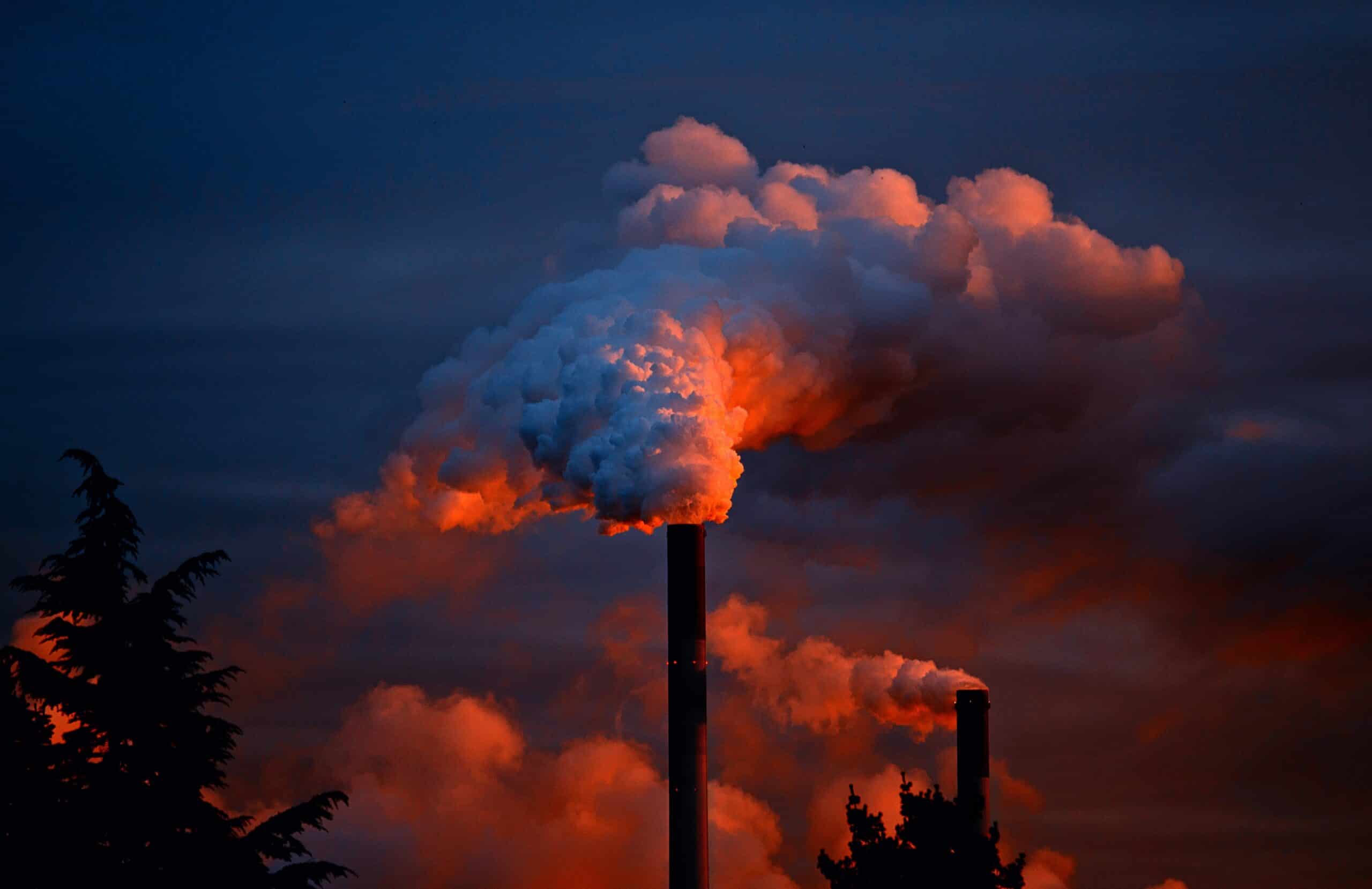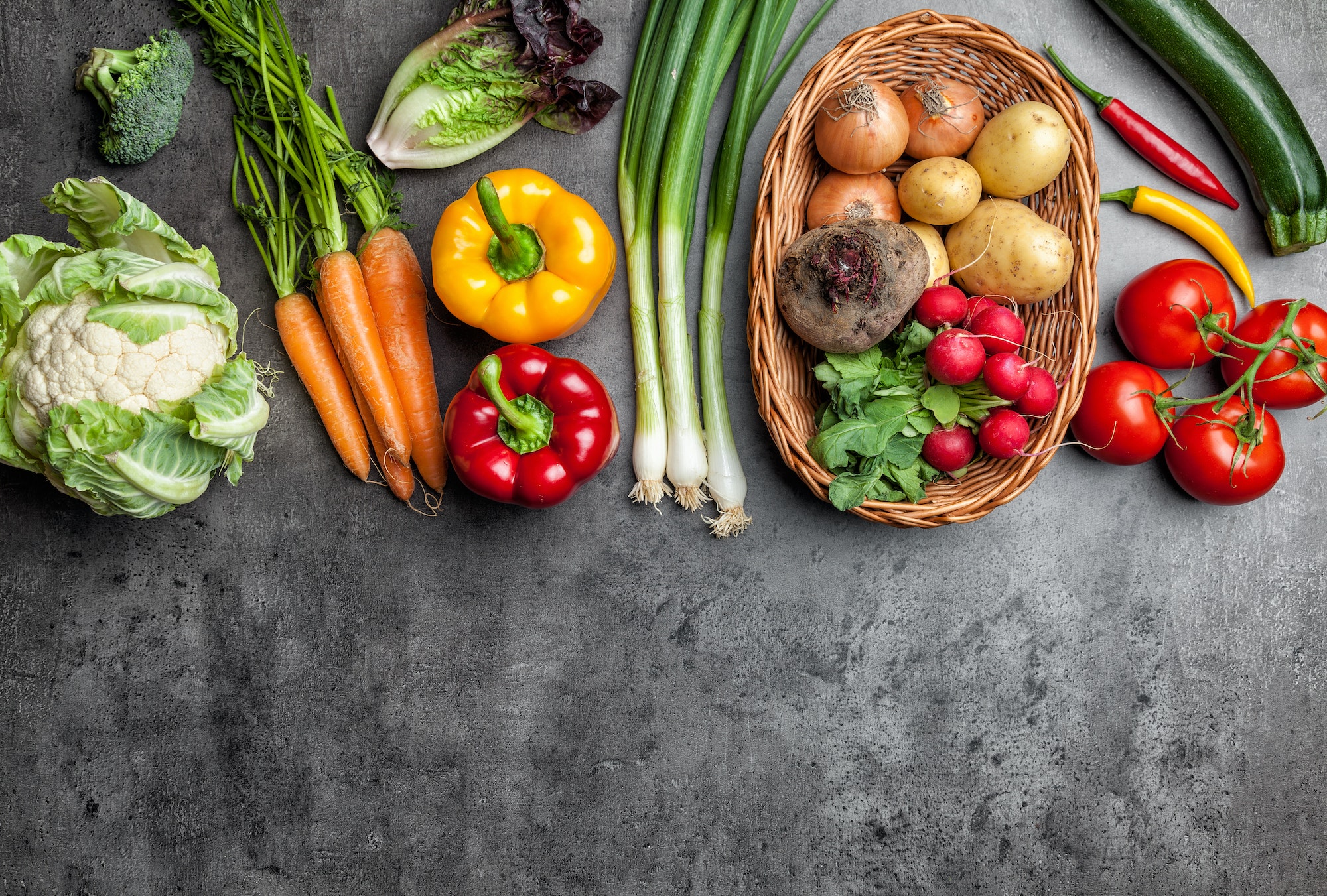
Local farming practices are fighting the mass production epidemic from industrial farming.
Industrial farming is a massive known factor in the rapid increase of Earth’s temperature and decline of natural habitat, speeding up the destruction of the earth. Not only does the practice cause severe damage to ecosystems through land destruction and misuse, the factory farming of animals, specifically cows, but has also led to an extreme increase in methane gasses in the atmosphere. Methane gas occurs naturally, but the overproduction that has more recently begun in the United States is pushing the planet past its limit. Luckily, there is a better way that doesn’t involve giving up meat entirely.
Industrial Farming’s Impacts on Animal Welfare
Factory farming began in the mid-20th century when corporations began to realize how much more products they could produce if they cut corners in other places, mainly animal welfare. This cultural phenomenon is defined mostly by the keeping of too many animals living in much too close of quarters to each other. Factory farming treats animals as just items, completely disregarding that they are, indeed, living beings. While acknowledging that animals are alive may seem like more of an ethical problem than an environmental one, research has shown that the treatment of stock, while it is alive, is directly related to the quality of meat produced from it.
Industrial Farming’s Impacts on Agriculture
Besides the treatment of the animals, before they become meals, factory farming causes massive amounts of methane and nitrous oxide, both of which are up to 300 times more detrimental to the atmosphere than carbon dioxide is. Animal agriculture makes up 14.5% of all greenhouse gasses caused by humans, globally. In order to feed these massive amounts of livestock, even more farmland is being utilized to produce stock feed. Nearly 50% of corn and 70% of soy grown in the United States are used to feed animals on factory farms. Corn and soy both require significant water usage, fossil fuels, and pesticides to produce, adding even more damaging effects to the atmosphere.
Benefits of Local Farming
Before farming became a mass production business practice designed to exploit the land, people were used to only producing what they needed. Farmers treated their animals better because they knew that the quality of the meat was better. Surprising as it may be, there are still small farms in the United States, and supporting them is not as complicated as it may seem.
Not only is local farming much more conscious of the food they are exporting, knowing exactly when and where it came from, but they also are more conscious of every part of the process. Local farmers are not going to waste their farmland growing filler feeders when they can grow something that feeds both them and their animals. Supporting local farming also cuts down on greenhouse gasses emitted from shipping food across the country, or even, the world.
If you can find a local farm to support you directly, this is always the best option. Many local grocery store chains will carry products from local farmers, and display them proudly. These items may be a bit more expensive, but that is only because factory farming has created a false basement for how cheap these products can be while sacrificing the quality along the way.
Research Guides: Student Project: Factory Farming: Environmental Impacts
Skip to Main Content It looks like you're using Internet Explorer 11 or older. This website works best with modern browsers such as the latest versions of Chrome, Firefox, Safari, and Edge. If you continue with this browser, you may see unexpected results.
Factory farms provide abundant food, but environment suffers
An industry once based on small, independent farms is evolving into large operations housing thousands of animals under one roof. The change is helping make beef, poultry and pork more affordable. But animal waste from the mega-farms has fouled waters.
Feeling the Heat: Factory Farming and Climate Change
As this summer is proving, our planet is getting warmer, and, as scientists have long predicted, severe weather is increasing and intensifying. Some effects of climate change, like the frequency of wildfires, drought, flooding and record-breaking heat, are happening faster than anticipated-and global temperatures are expected to continue to rise, largely due to human-caused greenhouse gases.








